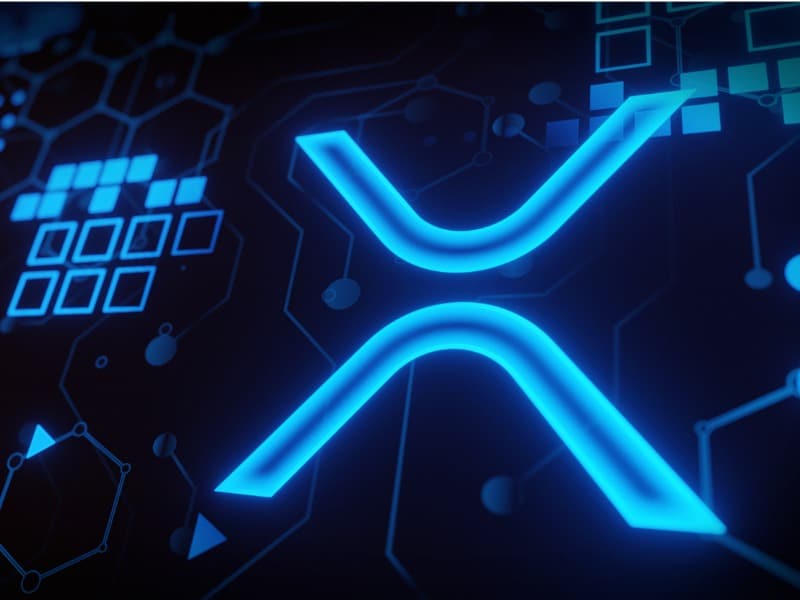Exploring the dynamic landscape of blockchain technology, Ripple is venturing into Africa through a strategic collaboration with Onafriq. This alliance signifies Ripple’s ambition to penetrate the burgeoning fintech realm in Africa, a market estimated to be worth a staggering $2.7 trillion.
Let’s delve into the unfolding narrative of this crypto behemoth’s foray into the African landscape.
African Fintech Resurgence
Africa, a significant player in the global business arena, is experiencing a resurgence in its fintech sector, particularly in the domain of payments. Financial pundits anticipate a substantial surge in Africa’s financial services revenue, projecting it to reach an impressive $230 billion within the next two years. This upswing is propelled by the increasing adoption of fintech, a growing population equipped with mobile phones, and a rising enthusiasm for digital banking.
Confluence of Ripple and Onafriq
On the 8th of November, as detailed by Coinpedia, Ripple and Onafriq forged a partnership aimed at addressing prevalent issues in cross-border money transfers. These challenges encompass exorbitant fees, prolonged settlement times, and limited accessibility to traditional banking services.
Onafriq, boasting an expansive network that links millions of mobile wallets across significant parts of Africa, plays a pivotal role in enhancing the accessibility of financial services.
This strategic collaboration between Ripple and Onafriq holds the potential to deliver tangible benefits throughout the entire African region, seamlessly aligning with Ripple’s overarching strategy within the $2.7 trillion market.
Africa’s Ascendance in the Global Economic Landscape
As Africa solidifies its position in the world economy, an unprecedented opportunity emerges for financial institutions to innovate and capitalise on the region’s rapid growth. Leading nations such as South Africa, Nigeria, Kenya, Ghana, and Egypt are at the forefront of transforming payment methods, as emphasised by Ripple.
Unique Dynamics in Nigeria
Particularly in Nigeria, where an astounding 73% of adults possess mobile phones but exhibit minimal usage of credit cards, a significant opening materialises for the financial industry to intervene. This scenario creates fertile ground for novel ideas and initiatives aimed at enhancing financial accessibility, presenting an ideal landscape for Ripple and Onafriq to effect meaningful change.
In essence, Ripple’s strategic move into Africa, facilitated by its partnership with Onafriq, is poised to revolutionise the dynamics of financial transactions across the continent.
